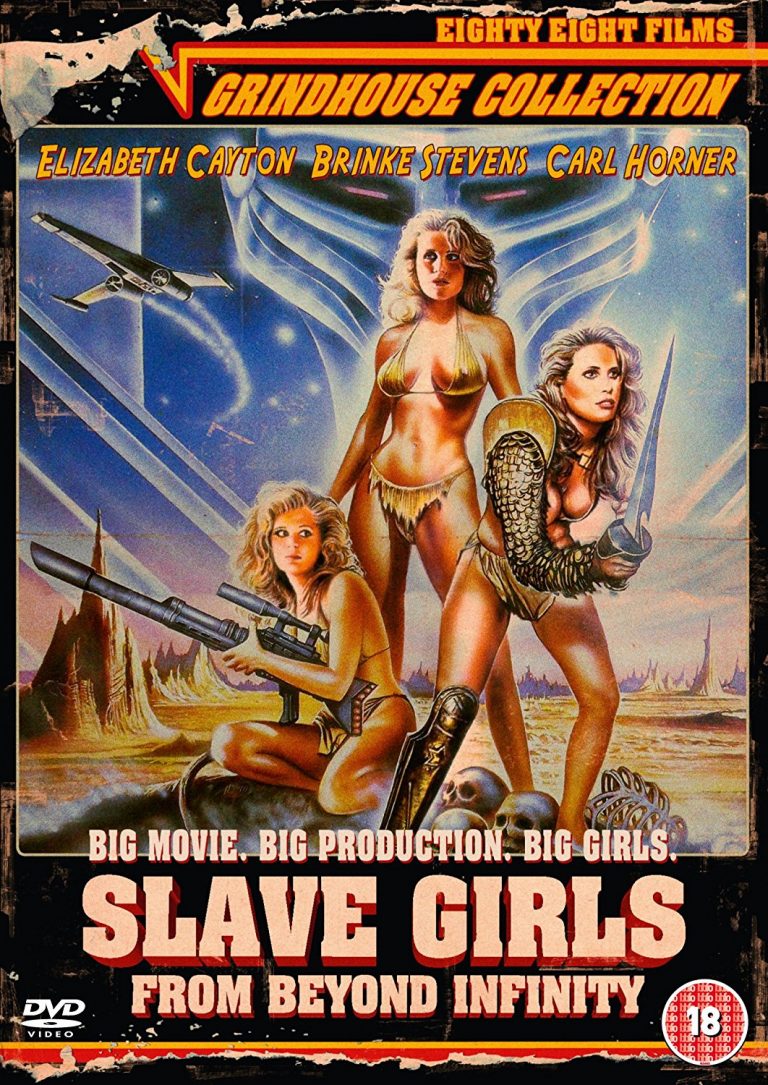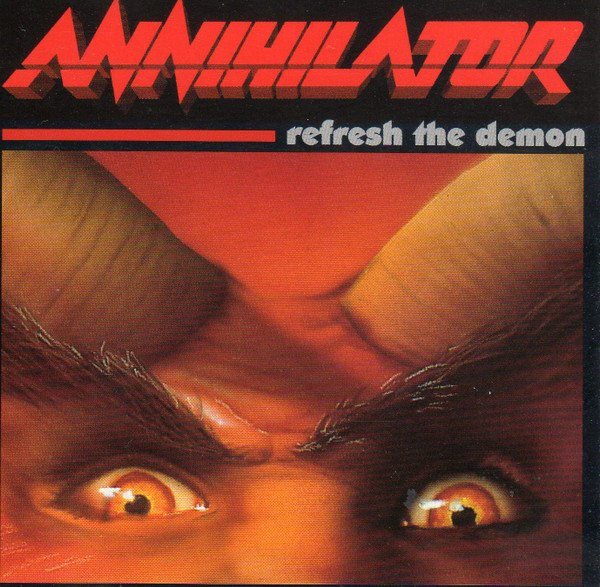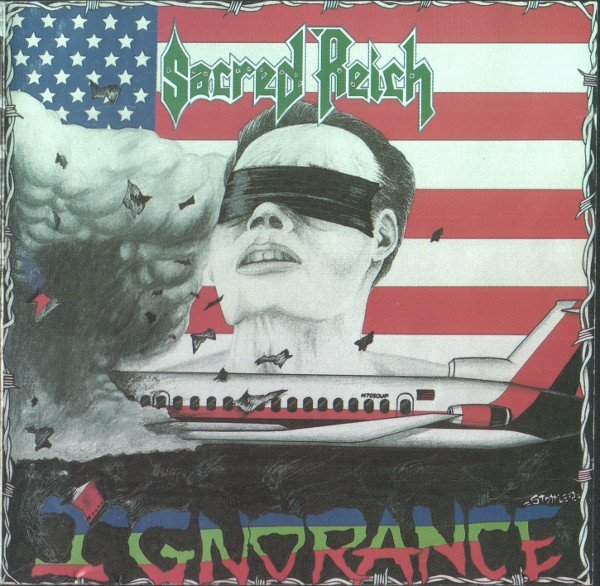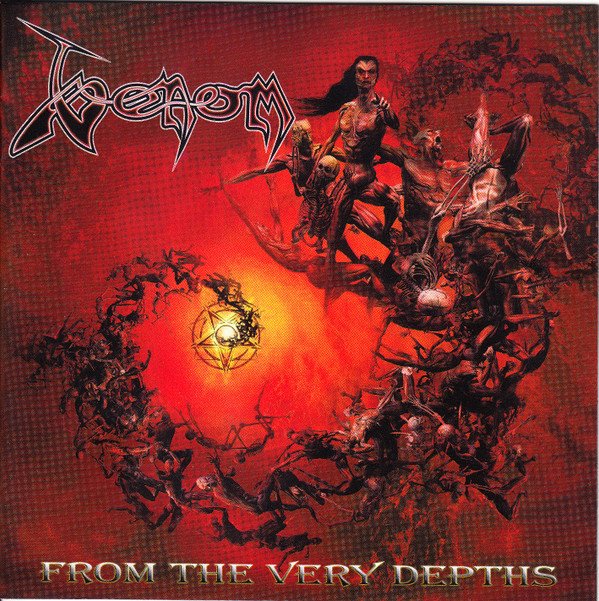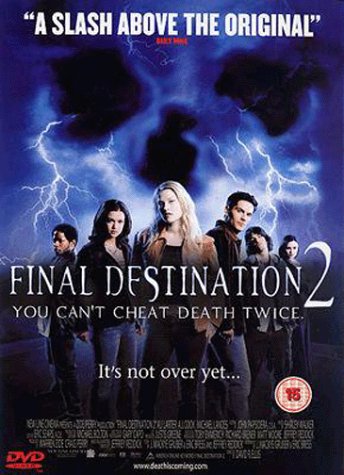12 Angry Men – 1957
12 Angry Men is one of those films that is set in very few locations, or even just only one. They demand far more tension than other films. 12 Angry Men takes place almost entirely in a single room. I say “almost” because the beginning and the end don’t quite happen there.
The film begins with a trial that has just concluded, and the jury is given its instructions. They are to gather in a room and decide whether the defendant is guilty or not. They must be unanimous. If they decide the defendant is guilty of the charges, the individual will be sent to the electric chair. It is now up to them to determine whether guilt can be proven beyond all doubt or if there is reason for, what’s known as reasonable doubt. After this, the jury members are sent to a private room where they are to make their decision!
You forget the fiction
I’m not familiar with many other films that essentially consist of a conversation around a table. Frank Pierson’s Conspiracy is one, where during World War II they discuss how to solve the Jewish question. It’s based on a real event and deals with a highly emotional subject—genocide. Yet it doesn’t come close to the level of tension this film achieves. The acting is on a level so remarkable that you almost forget it’s fiction. It might as well have been a documentary. They get angry with each other, some keep their composure, and others persist with the stubbornness of a fool, claiming they know how people of “that sort” behave in given situations. Fortunately, there are also those—otherwise, there wouldn’t have been a film—who doubt, who want to examine the evidence and truly determine if there’s any room for doubt.
First, I have to say I’m glad we don’t have a system similar to the one portrayed in this film in Sweden. I’m not sure I’d be suitable for such a task, and if parts of the jury were as filled with the prejudice as shown here, I’d undoubtedly start boiling with anger. Honestly, I almost started boiling just sitting on my couch!
prejudice and hypocrisy
But perhaps my personal issues with prejudice and hypocrisy don’t have much to do with the film. Or maybe they have everything to do with it. It’s undeniably a film that asks questions. It may not directly question the American justice system—jury and all that entails—but it does question how easy it is to declare someone guilty just to speed up the process. And if the defendant happens to be “of that sort,” well, you just know how it is without even considering the evidence. I’m being ironic, of course, but those attitudes appear repeatedly in the film. I, who consider myself extremely rational and analytical, find myself boiling…
The film’s outcome is not hard to predict. It turns out just as you expect from the start, but that doesn’t really matter. This is a film built on acting and script. The dialogue is, at times, absolutely fantastic. When the yes-men are caught in their own traps and realize it, those moments are priceless! There’s no search for surprises, no twists. All there is is a powerful drama with amazing actors and conflicts. Twelve men doing their utmost to deliver! The most famous is, of course, Henry Fonda, but a young Martin Balsam is also part of the cast.
It doesn’t get better than this!









